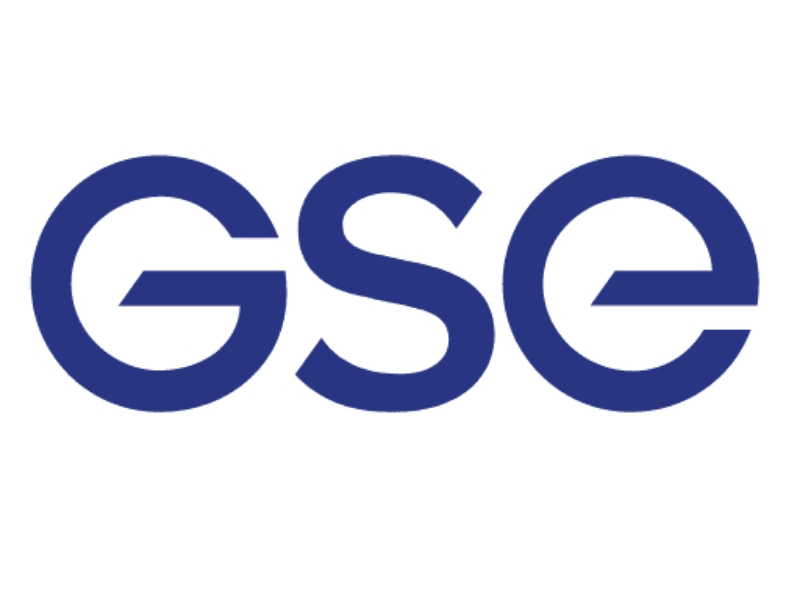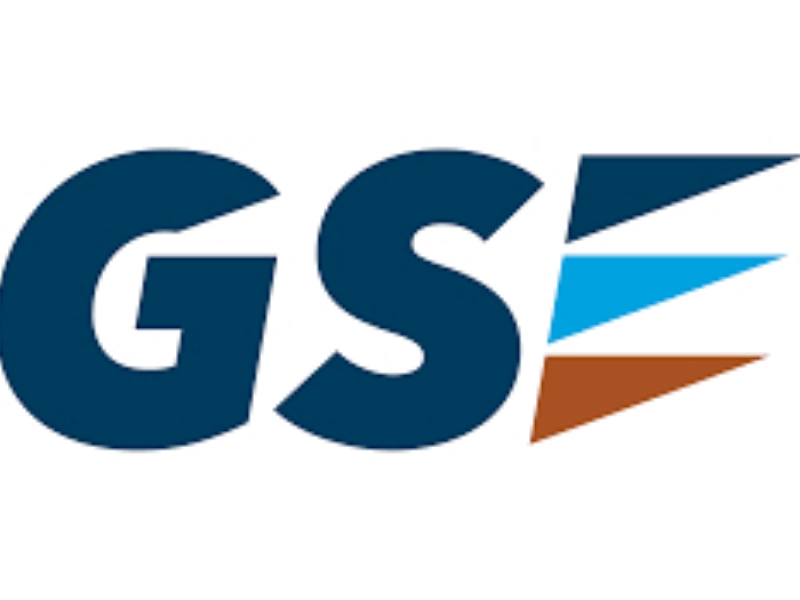Government-Assigned Businesses
Congress created the shareholder-owned Fannie Mae and Freddie Mac to provide stability and liquidity to the mortgage markets. They purchase house loans and then bundle them into securities secured by mortgages that investors can buy. The federal government provides them with capital support and assurances that the mortgage payments will be made in the event of a default when they make those investments. This lowers the cost of mortgages for both renters and homeowners.
A GSE: What Is It?
 A privately held business that was granted a congressional charter and offers governmental financial services to the housing and real estate markets is known as a government-sponsored enterprise (GSE). Mortgage loans are bought by GSEs such as Freddie Mac and Fannie Mae in the secondary market, which increases lending and lowers borrowing prices for homebuyers. They also issue agency bonds, which are short- and long-term securities secured by mortgages. In order to survive the 2008 subprime mortgage crisis, the government provided sizable bailouts to Fannie Mae and Freddie Mac.
The firms were established with the aim of bolstering particular sectors of the economy, like cheap rental housing and homeownership, as well as providing liquidity in the mortgage markets. However, they are not without controversy despite their substantial contributions to the loan and housing sectors.
A privately held business that was granted a congressional charter and offers governmental financial services to the housing and real estate markets is known as a government-sponsored enterprise (GSE). Mortgage loans are bought by GSEs such as Freddie Mac and Fannie Mae in the secondary market, which increases lending and lowers borrowing prices for homebuyers. They also issue agency bonds, which are short- and long-term securities secured by mortgages. In order to survive the 2008 subprime mortgage crisis, the government provided sizable bailouts to Fannie Mae and Freddie Mac.
The firms were established with the aim of bolstering particular sectors of the economy, like cheap rental housing and homeownership, as well as providing liquidity in the mortgage markets. However, they are not without controversy despite their substantial contributions to the loan and housing sectors.
How do GSEs operate?
 Mortgage-backed securities are offered to investors by GSEs after they purchase mortgage loans from lenders and combine them into pools. Lenders are able to extend credit based on the revenues from bond sales. Freddie Mac and Fannie Mae are the two biggest GSEs.
Because they enable consumers to buy homes with greater salaries or worse credit scores, these mortgages contribute to the continued growth of the housing market. However, there are other ways for a buyer to be eligible for a loan. Another avenue for home ownership is through the present qualifying systems, which let household members who aren't on the mortgage contribute toward a person's debt payment.
Broker-dealers are the sellers of these agency bonds, which have maturities ranging from less than a year to thirty years. Usually, these securities' interest is taxed. State and municipal taxes do not apply to the majority of agency bonds, though.
Mortgage-backed securities are offered to investors by GSEs after they purchase mortgage loans from lenders and combine them into pools. Lenders are able to extend credit based on the revenues from bond sales. Freddie Mac and Fannie Mae are the two biggest GSEs.
Because they enable consumers to buy homes with greater salaries or worse credit scores, these mortgages contribute to the continued growth of the housing market. However, there are other ways for a buyer to be eligible for a loan. Another avenue for home ownership is through the present qualifying systems, which let household members who aren't on the mortgage contribute toward a person's debt payment.
Broker-dealers are the sellers of these agency bonds, which have maturities ranging from less than a year to thirty years. Usually, these securities' interest is taxed. State and municipal taxes do not apply to the majority of agency bonds, though.
What Advantages Do GSEs Offer?
 Lenders have a safety net thanks to the security and guarantee that GSEs can provide on third-party loans. Because of this, they are able to lend money at a cheaper interest rate than they otherwise might, which keeps mortgages within reach for most homeowners.
Furthermore, Fannie and Freddie can borrow in open capital markets at a relatively modest spread over Treasury notes due to their implicit federal government support. This lowers these businesses' cost of capital, enabling them to make larger loans and purchase more assets.
Congress has established other GSEs for other sectors of the economy, including student loans and agriculture, despite the fact that many people only identify GSEs with housing. Currently concentrating on the agriculture business are two GSEs: Farm Credit System Corporation and Sallie Mae. On the other hand, borrowers may have access to more reasonably priced housing options if Congress decides to extend GSEs into other segments of the mortgage market, such as chattel lending for manufactured homes.
Lenders have a safety net thanks to the security and guarantee that GSEs can provide on third-party loans. Because of this, they are able to lend money at a cheaper interest rate than they otherwise might, which keeps mortgages within reach for most homeowners.
Furthermore, Fannie and Freddie can borrow in open capital markets at a relatively modest spread over Treasury notes due to their implicit federal government support. This lowers these businesses' cost of capital, enabling them to make larger loans and purchase more assets.
Congress has established other GSEs for other sectors of the economy, including student loans and agriculture, despite the fact that many people only identify GSEs with housing. Currently concentrating on the agriculture business are two GSEs: Farm Credit System Corporation and Sallie Mae. On the other hand, borrowers may have access to more reasonably priced housing options if Congress decides to extend GSEs into other segments of the mortgage market, such as chattel lending for manufactured homes.
What Dangers Come With Using a GSE?
 By increasing capital flow into the markets for mortgage-backed securities and other home finance products, GSEs help the economy. Their activities, however, are not without peril. Their competitive edge over private companies stems from the implicit promise provided by the federal government to support them in the event of an economic downturn.
Furthermore, they are able to borrow in open capital markets at interest rates that are marginally higher than those paid by the Treasury and lower than those paid by other private players in the mortgage market because of the perception of government support. This offers them a substantial subsidy.
The GSEs should focus their portfolios nearly entirely on mortgages or mortgage-backed securities that support affordable housing as one way to allay these worries. The public would gain the most from such a concentration. Additionally, it would aid in defining the companies' public purpose, which is currently hidden by their identical investment portfolios. In order to accomplish this goal, the companies ought to collaborate more with community development finance institutions (CDFIs), who possess extensive understanding of regional housing markets, and organizations that focus on maintaining affordable housing that already exists.
By increasing capital flow into the markets for mortgage-backed securities and other home finance products, GSEs help the economy. Their activities, however, are not without peril. Their competitive edge over private companies stems from the implicit promise provided by the federal government to support them in the event of an economic downturn.
Furthermore, they are able to borrow in open capital markets at interest rates that are marginally higher than those paid by the Treasury and lower than those paid by other private players in the mortgage market because of the perception of government support. This offers them a substantial subsidy.
The GSEs should focus their portfolios nearly entirely on mortgages or mortgage-backed securities that support affordable housing as one way to allay these worries. The public would gain the most from such a concentration. Additionally, it would aid in defining the companies' public purpose, which is currently hidden by their identical investment portfolios. In order to accomplish this goal, the companies ought to collaborate more with community development finance institutions (CDFIs), who possess extensive understanding of regional housing markets, and organizations that focus on maintaining affordable housing that already exists.












